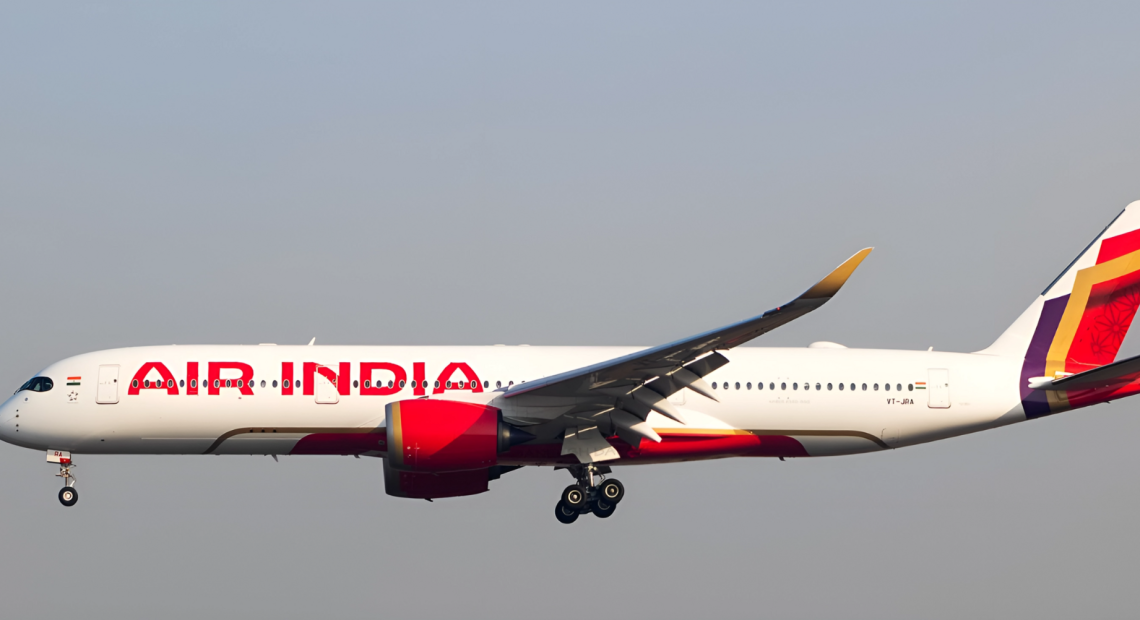
Air India Cuts 15% International Wide-Body Flights
Air India has announced a temporary 15% reduction in its international operations involving wide-body aircraft, a move that will continue at least until mid-July. The decision, which impacts long-haul services significantly, stems from a combination of operational and safety-related constraints facing the airline.
Currently, Air India operates approximately 70 wide-body international flights each day. However, the airline has been forced to scale back due to longer flight times caused by airspace restrictions, particularly over conflict-affected zones in the Middle East. In addition, mandatory maintenance inspections have sharply increased following the tragic crash of flight AI 171 near Ahmedabad earlier this month.
As a precaution, the Directorate General of Civil Aviation (DGCA) has ordered thorough inspections of Air India’s fleet of Boeing 787 Dreamliners. Out of 33 such aircraft, 26 have already cleared the mandatory checks, while the rest are undergoing detailed technical evaluations. The airline has also expanded inspections to include its fleet of Boeing 777s.
Wide-body flights
The operational fallout of these inspections has been significant. Over the past week, Air India has cancelled nearly 83 international flights using wide-body jets. With a sharp reduction in available aircraft, the carrier decided to revise its flight schedule to maintain operational stability and avoid last-minute disruptions. This revised schedule is expected to come into effect around June 20.
Air India
The airline is reassuring passengers impacted by the cancellations that they will be informed promptly and offered the option to reschedule their travel or receive full refunds. Air India is also actively monitoring the situation to bring more aircraft back into service quickly.
Flight reduction
In addition to the technical challenges, Air India is facing new hurdles in flight planning. Airspace closures, extended routing over neutral territories, and night curfews in certain European and Asian airports have caused flight durations to increase, affecting crew duty cycles and aircraft turnaround times.
This decision to scale back flights comes amid a larger restructuring effort under Tata Group’s management, aiming to improve safety protocols and upgrade fleet reliability. Despite these setbacks, the airline maintains that the temporary reduction is a calculated step to enhance safety and efficiency in the long run.
With nearly 80% of the affected aircraft already cleared and full restoration expected by mid-July, Air India is confident that the disruption will be short-lived. The focus remains on upholding passenger safety, maintaining transparency, and restoring confidence in the airline’s international operations.


















